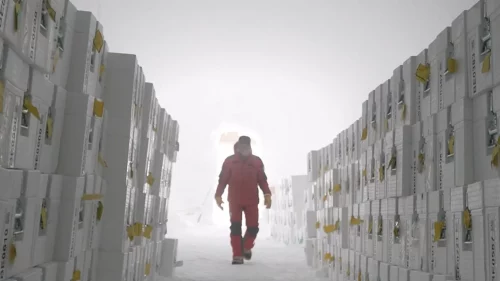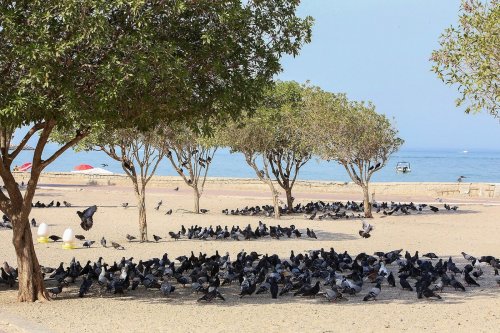In Ottawa, Canada, the world's largest natural ice rink may not open in 2023 for the first time in 50 years because of too warm a winter.
The Rideau Canal Skateway is symbolic for Canadians and is a UNESCO World Heritage Site, The Washington Post reports.
It is noted that usually the rink was visited by 21,000 visitors per day. Its area is equivalent to the area of 90 Olympic-sized ice rinks
The material explained that the ice rink can be opened only if the thickness of the ice is 30.5 cm. For this, it is necessary that the temperature fluctuates between -20 and -10 degrees Celsius. Currently, the ice is "dangerously thin".
By 2050, Ottawa's winter is expected to shorten by 5 weeks. Local authorities and scientists began studying the rink's vulnerability to climate change and looking for ways to increase resilience.
"The Rideau Canal and the festivals held across Canada to celebrate our winter life are woven into the psyche, rituals and experiences of citizens," said Jay Johnson, professor of kinesiology at the University of Manitoba. — Climate change is "eroding" activities like playing backyard hockey and hanging out with friends at public outdoor rinks that "symbolize the Canadian experience."
The article emphasized that for many people, the skating rink on the Rideau Canal is something more. The townspeople even wrote love letters to her, calling her "a place of freedom and fresh air", "a symbol of the city" and "a friend who changes, slowly melts."
Scientists emphasize that such phenomena warn of approaching climatic changes and should draw attention to them.
Earlier, EcoPolitic wrote, that a study by climatologists with the help of artificial intelligence showed that the world cannot avoid warming by 1.5°C, which will occur between 2033 and 2035.
As EcoPolitic previously reported, scientists discovered that deep cracks are forming in the Thwaites Glacier in Antarctica, which is called the Doomsday Glacier, and it is melting at a significant rate.





